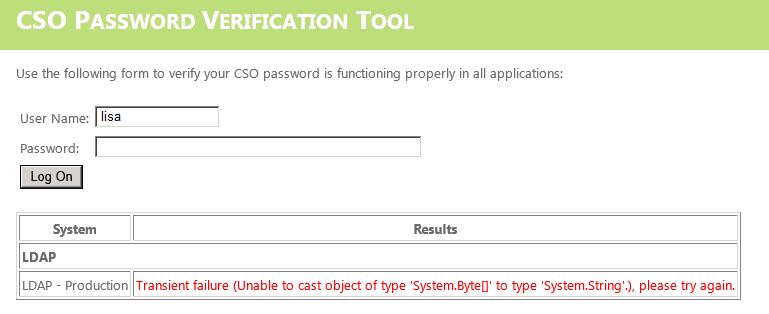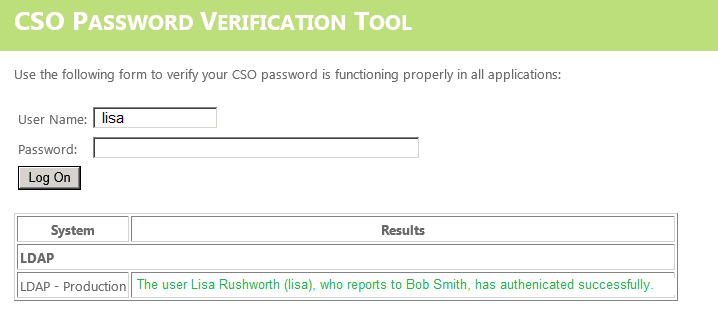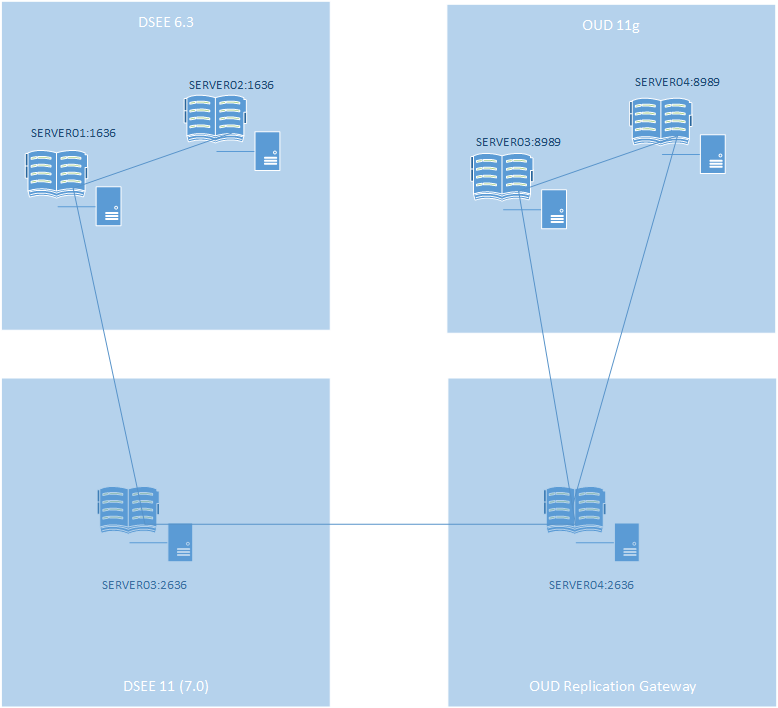A systemd Primer For sysvinit Users
Background:
Starting in Fedora 15 and RHEL 7, systemd replaces sysvinit. This is a touchy subject among Unix folks – some people think it’s a great change, others think Linux has been ruined forever. Our personal opinions of the shift doesn’t matter: vendors are implementing it, WIN Linux servers use it, so we need to know it. Basically, throw “systemd violates the minimalist, modular philosophy at the core of Unix development” on the “but emacs is so awesome, why are we using vim” and “BETA outperforms VHS any day of the week” pile.
Quick terminology – services are now called units. You’ll see that word a lot. A unit is configured in a “unit file”. Additionally, “run levels” (0-6) have been replaced with the concept of “targets” that have friendly names.
What’s the difference?
Sysvinit wasn’t designed to know about your system, it was designed to run scripts on your system. Sysvinit essentially runs scripts, whereas systemd is a service manager. Systemd knows about the system. One place this becomes apparent – if you manually run the run line from a sysvinit script then check the service status, it will show running because the binary has a PID. If you do the same with systemd, it will say the service is down. This is like Windows – if you have a Docker service that runs “”C:\Program Files\Docker\Docker\com.docker.service”” set to run manually, and use start-run to run the exact same string … the service will not show as running.
Systemd manages a lot of different unit types. As application owners, we’ll use ‘service’ units. ‘Mount’ or ‘automount’ type units manage mountpoints. Socket and device unit types manage sockets (which have associated service unit files using the socket) and devices. Because systemd manages sockets, inetd/xinetd have been obsoleted.
Sysvinit scripts could run user-defined commands. If the init script for myapplication has a section called “bob”, you can run “service myapplication bob” and it will do whatever the ‘bob’ part of the script says to do. Systemd has a fixed list of directives – start, stop, restart, reload, status, enable, disable, is-enabled, list-unit-files, list-dependencies, daemon-reload. You cannot just make a new one.
Systemd may also require a system reboot for more than just kernel patches. This is really different, and I expect there will be a learning curve as to what requires a reboot.
Log files have “vanished”. If you are using a default installation, you won’t find /var/log/messages. You can use “journalctl -f” to tail the equivalent of the messages file. The systemd log files are stored in binary format – potentially corruptible, which is another aspect of the change Unix-types don’t care for.
What does systemd give me?
Systemd doesn’t just start/stop a service when run levels change. A unit can be started because it is configured to start on the runlevel (just like sysvinit scripts), if another service requires it, if the service abends, or if dbus triggers it. “If another service requires it” – that’s a dependency chain. Instead of defining an order and hoping everything you need was loaded by the time the init script ran, systemd allows you to include an “After” directive – units started before the current unit or “Before” – units that will not be started until the current unit starts. Additional directives for “Requires” – units which must be activated to activate the current unit and “Wants” – units that will be started in parallel with the current unit but failing to start these units will not fail the current unit.
A directive, “Conflicts”, allows systemd to identify other units that cannot coexist with the current unit. Conflicting units will be stopped to allow the current unit to start. In addition to the base command starting in the unit file (ExecStart), there are pre (ExecStartPre) and post (ExecStartPost) operations that are run before/after the base command. These could be related to the service itself but do not have to be. You could run a mail command line to alert an admin every time the unit starts or stops cleanly.
Another nice feature of systemd is user-level services – using systemctl –user will control unit files located in user-specific directories like /usr/lib/systemd/user/ and ~/.config/system/user/
Using systemd: (Warning: this is going to get odd)
You use systemctl to control units, and you use journalctl to view the binary blobs that have replaced log files. Use the man pages or your favourite search engine if you want details. The general syntax for systemclt is “systemctl operation unit.type” – e.g. “systemctl restart sendmail” would restart sendmail.
Chkconfig has been completely supplanted. Use “systemctl enable unit.type” and “systemctl disable unit.type” to control if a service auto-starts. Instead of using chkconfig –list, you can query the startup state of an individual unit. Use systemctl –is-enabled unit.type
There’s a service shell script that replaces ‘service’ that you used with sysvinit systems. It turns the old “service something-or-other action” into “systemctl action name.service” so it still works.
Here’s the odd part – it is quite easy to define a permitted sudo operation that allows a non-root user to control sysvinit services. Allow “service sendmail” and the user can run “service sendmail start”, “service sendmail stop”, “service sendmail status”, “service sendmail RandomStuffITossedIntoTheFile”. Because the service name and directive are swapped around in systemctl, we would have to enumerate each individual directive that should be permitted. More secure, because RandomStuffITossedIntoTheFile should not make the cut. But we haven’t done this yet. So until we go through and enumerate the reasonable actions (Are there directives beyond start/stop/status that we should be running? Do we have any business enabling and disabling our services?), submit the access request, confirm it’s all functioning as expected, and remove the “sudo service” access … continue using “sudo service something-or-other action”. We will advise you when the systemctl sudo access has been granted so we can start using the “new way” to control services on RHEL7 systems.
Unlike init scripts, changes to systemd unit files are not immediately activated on the system. Running “systemctl daemon-reload” makes systemd aware of the config change.
Using journalctl:
Our Unix team has implemented rsyslogd to output log data to the expected files. This means you can more or less ignore journalctl – tail/grep the log file as usual. I don’t foresee this changing in the near to mid term, but if you use cloud-hosted sandbox servers (i.e. boxes that don’t have the Unix group’s standard config) … journalctl is what happened to all the log files you cannot find.
To view logs specific to an individual unit, use journalctl -u unit.type. Additionally “systemctl unit.type status” will display the last handful of log lines from the unit.


